Neuguitars 2024 #5: Francesca Naibo's guitar narratives
Francesca Naibo moves fluently across all the different conjugations of the guitar, from the classic, the electric, to the fretless and the pedal steel; involved in the research for solo performance.
I would like to talk to you about the artistic activity of the Italian musician Francesca Naibo, a brilliant guitarist who for years has moved easily between all the various conjugations of the guitar: from classical to electric to fretless to pedal steel. Engaged for years in the search for solo performance, Francesca has long been focused on exploring the fields of free improvisation, contemporary music and the classical repertoire, three worlds different but similar to each other in their relationship with sound.
I would like to draw your attention to two albums: "Namatoulee", produced in 2020 for Aut Records, her first solo recording work, received enthusiastically by critics and chosen among the records of the year by the "Late Junction" program on BBC Radio 3
and “So much time”, released on Ramble Records in 2022, her second solo album: a work on time, with a dialogue between the voices of Francesca as a child, an adult and her guitar.
Let's start with “Namatoulee”. Francesca Naibo did things right for this first CD of hers. She created, deleted and refined each note with painstaking patience. She knew how to forget and then recreate. “Namatoulee” is an intelligent, complex, spontaneous, fresh album, which offers multiple interpretations. Let's start, for example, from the title of the album and that of the 14 songs that compose it, puns from a non-existent language, which perhaps mean nothing, Dada jokes that refer with their musicality to other sounds. Titles like “Lameda “Lemeda”, “Nadare Nura”, “Toundaleda”, which perhaps already exist in some dialect or in some technical manual of a nation close to us, are also a first indication of the creative desire of an artist who wants to regardless invent. In her debut Francesca proves herself to be a guitarist with multiple experiences: the Conservatory, Joni Mitchell, folk, classical, contemporary, interpretation, improvisation. Francesca runs on the wire, on the strings of her guitars, with the precarious balance of those who live on the borderlands, where limits and styles are thin traces on the sand, which are continually erased and rewritten. Listening to “Namatoulee” can be a difficult stylistic exercise for a guitarist, it means thinking about music and sound and forgetting the instrument, the technical terms, the romantic sentimentalism, the stigmata of experimentation. We need to listen and think in acousmatic terms, moving away from the memory of the instrument and facing "concrete" music, that would be easy and superficial to define as "abstract". Because “concrete” means the existence of a material or physical form; not an abstract one. I don't think that Francesca's music is abstract, but rather chromatic, that iridescent and mutable chromatism that is an object of wonder for those who look through a rotating kaleidoscope.
Two years later Naibo returns solo with an album poised between autobiography, time leaps and parallel identities. “So much time” is a narrative between guitars, being adults and the age of childhood, a fruit generated during the Covid epidemic, a work that is both intimate and open to the outside. A personal reflection aimed at the world, addressed in terms of an artistic evolution. The recovery of the past, through the replaying of old analogue cassettes, a work on time, an altered time that allows a dialogue between Francesca as a child and an adult, a recovery of memory through an almost prehistoric analogue technology, the compression of reality that moves with different speeds. But “So much time” is also a collage of overlapping sound fragments and musical recordings that create with the voices a complex network of alternating listening and dialogues, a “call and response” between different times and identities. I think that every musician, every artist, starts from a perhaps naively physical conception of her/his art. Sound, however intangible and invisible, is not just an expression or a chain of expressions, but rather something that truly touches, envelops and involves. It's the vehicle through which music arrives, the passionate motif that saddens us for an occasional memory, that evokes in us the memories that life cements and erases.
Francesca Naibo's music is will, it's passion and it's no less immediate than the world itself, it belongs to time and its bad weather. Jorge Luis Borges reminds us how, in a dialogue by Oscar Wilde, we read that music reveals to us a personal past that we had ignored until then, and moves us to cry for misfortunes that have never affected us and sins we have never committed...Francesca's music is all this.
I also recommend you listen to two other works by Naibo paired with José Dias:
Correspondence Vol.1
Correspondence Vol.2
One last thing: Francesca created the transcription of "Exercises in Futility" in collaboration with Marc Ribot and published the article "Marc Ribot's Exercises in Futility"(Proceedings of the 21st Century Guitar Conference 2019 & 2021, University of Denver), which I warmly invite you to read.
This week Neuguitars also suggests:
Gitaristo Futura by Right Brain Records
This compilation includes original instrumental tracks by guitarists from all over the Earth: Austria, Italy, Basque Country, England, Argentina, distant corners of North America as well as Tasmania. Some pieces are electric, some acoustic and others barely recognizable as guitar. A bunch of our contributors are well-established, several have toured internationally, while others are in early stages of their careers.
Four Guitars Live by Bill Orcutt Guitar Quartet
Four Guitars Live, recorded in November of 2023 at Le Guess Who? festival during the quartet’s first European tour. The true essence of this set is not simply in its faithfulness to the source compositions, but in the group's easy familiarity (no doubt the result of weeks on the road) and the generosity of their improvisations, both collective and solo. Orcutt, clearly cognizant of both the caliber of his collaborators and the singularity of their voices, has given everyone room to stretch out, and all have delivered some of their most moving passages to date.
Kula by Zakhme
ZAKHME is a duo born in 2022 from the collaboration between Alessandro Barbanera and Gianluca Ceccarini who both share the use of guitars, electroacoustic experimentation and art of Lutherie. "Zakhme" is the farsi name by which the persians call the plectrum. It comes from the name "zakhm" which means "wound".
Köln Solo by Elliott Sharp
Elliott Sharp: composer, multi-instrumentalist, producer, author, leads Orchestra Carbon, Tectonics and Terraplane with compositional strategies including fractal geometry, chaos theory, and genetic metaphors as well as new techniques for graphic notation to yield work that catalyzes a synesthetic approach to musicmaking as well as functioning as retinal art.

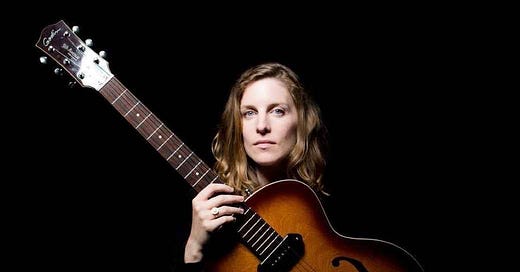



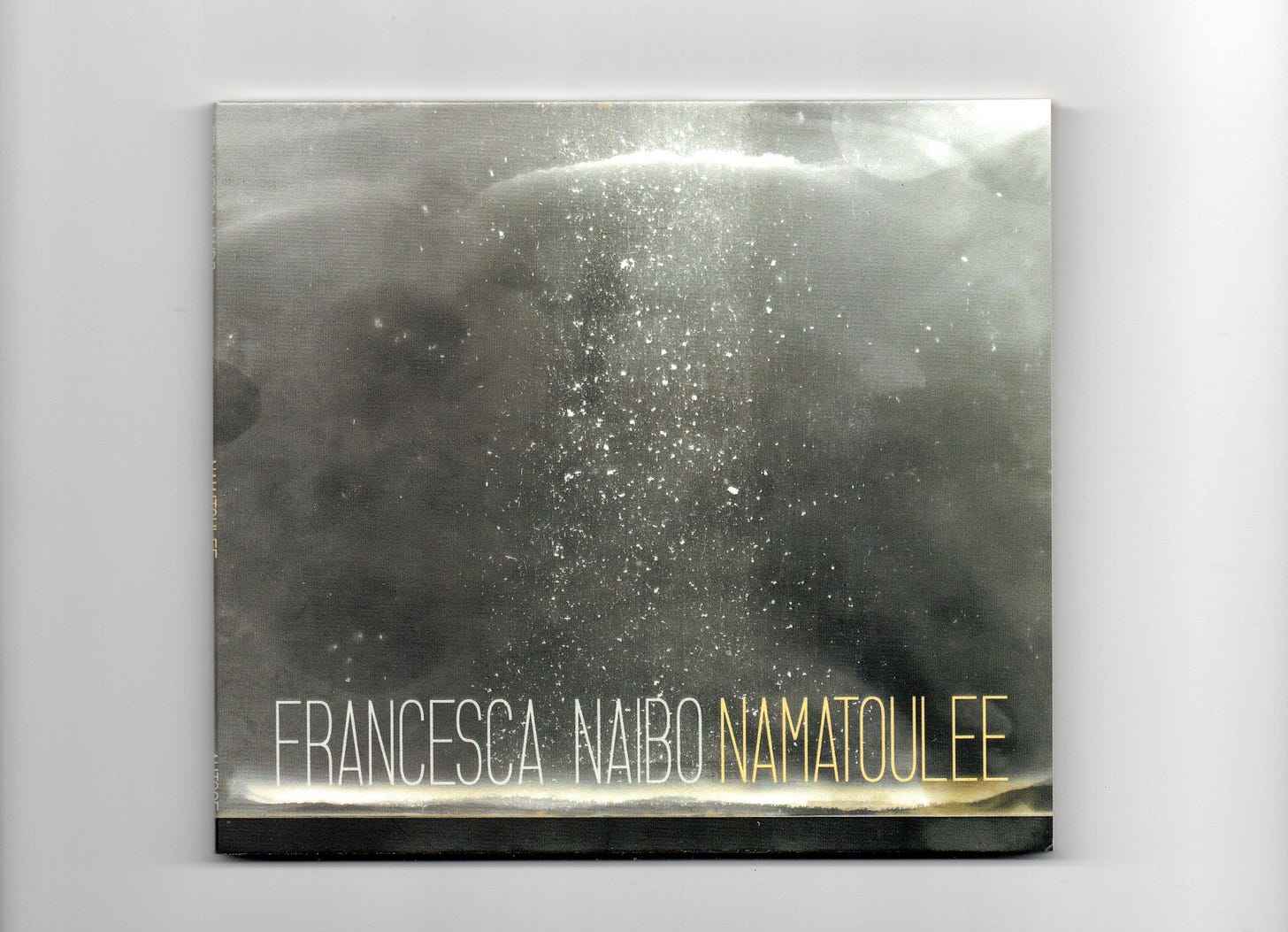
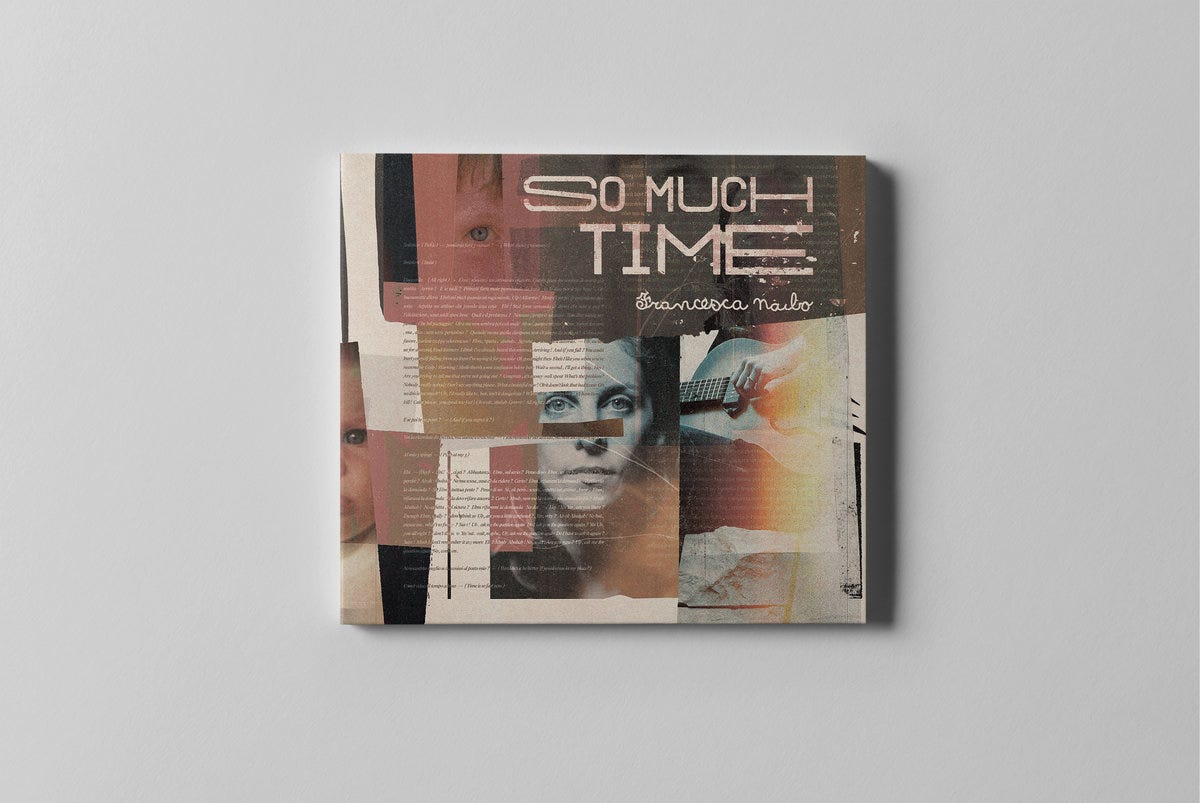
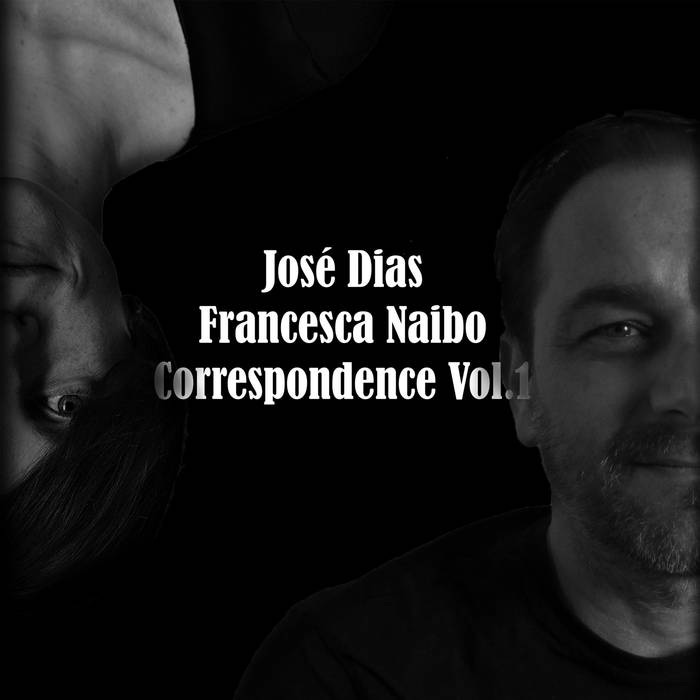
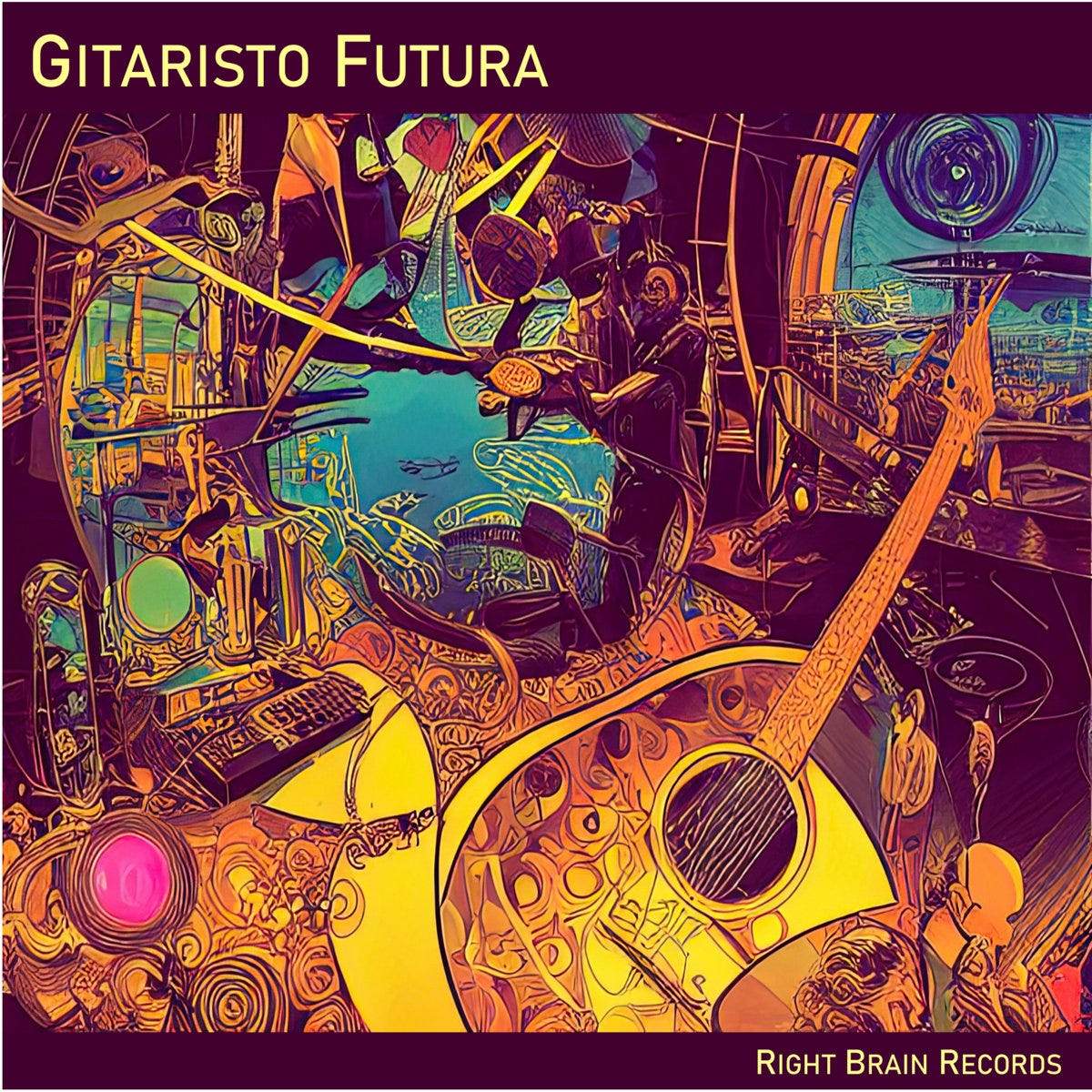
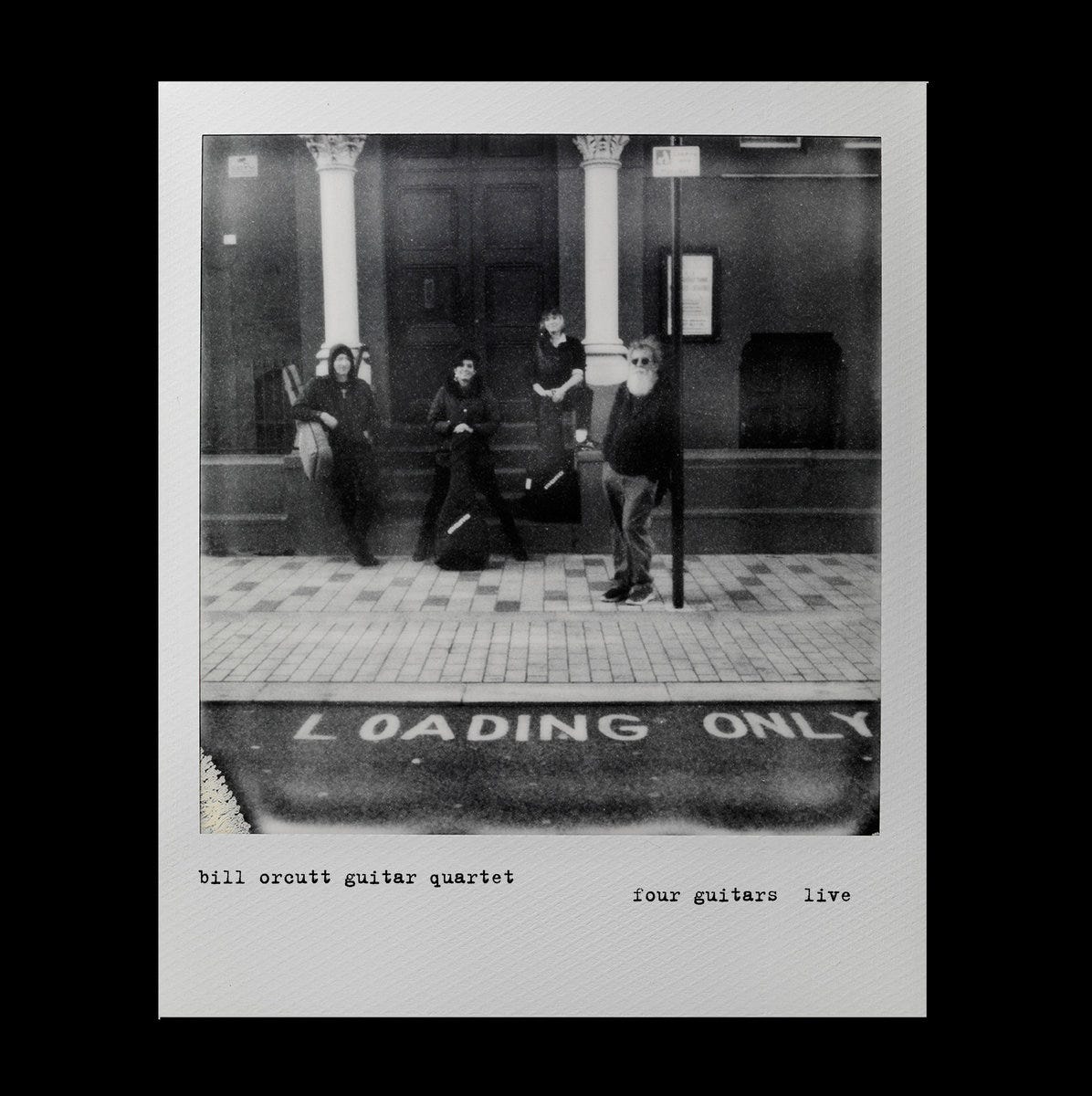
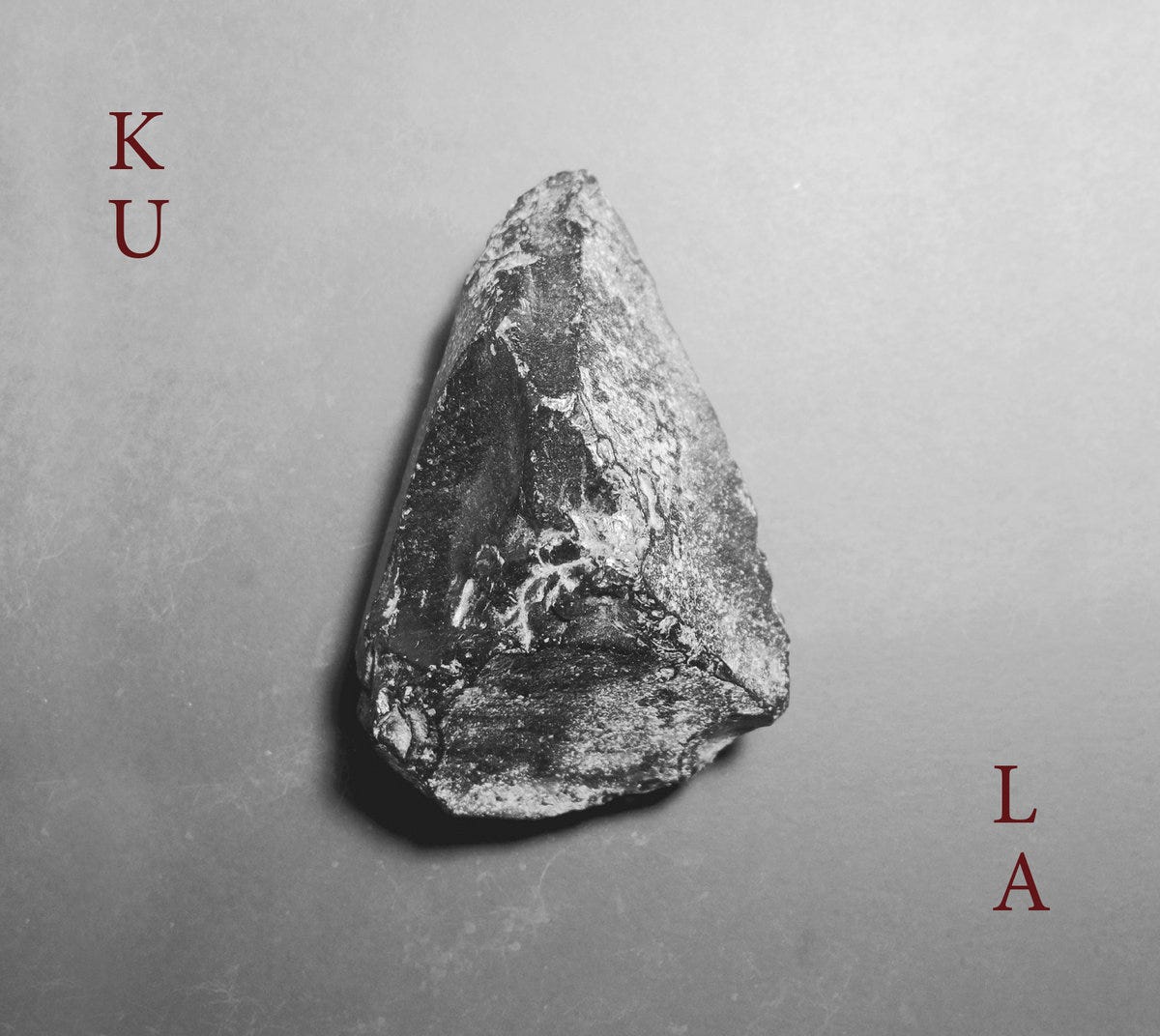
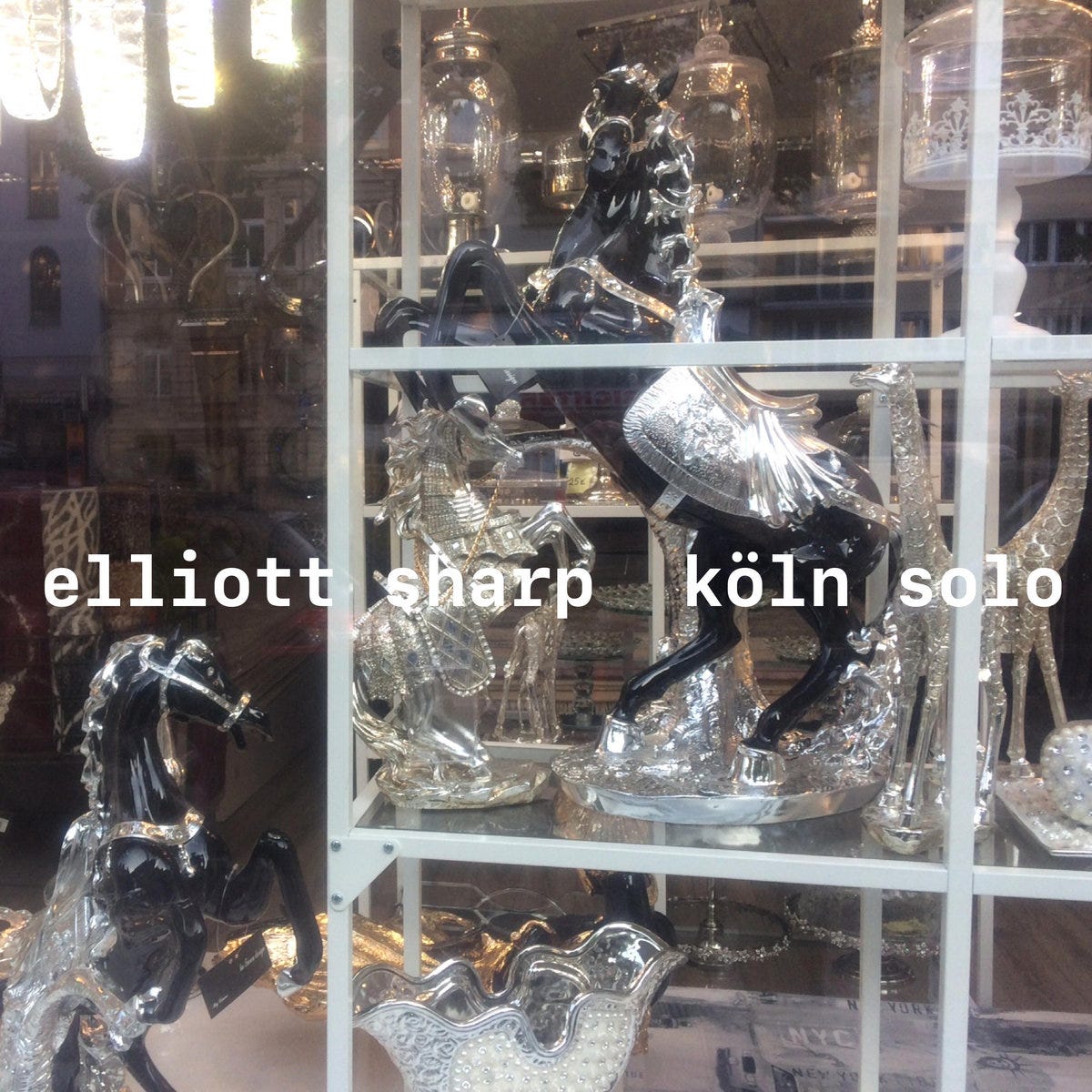
Great stuff! Excited to dig in.